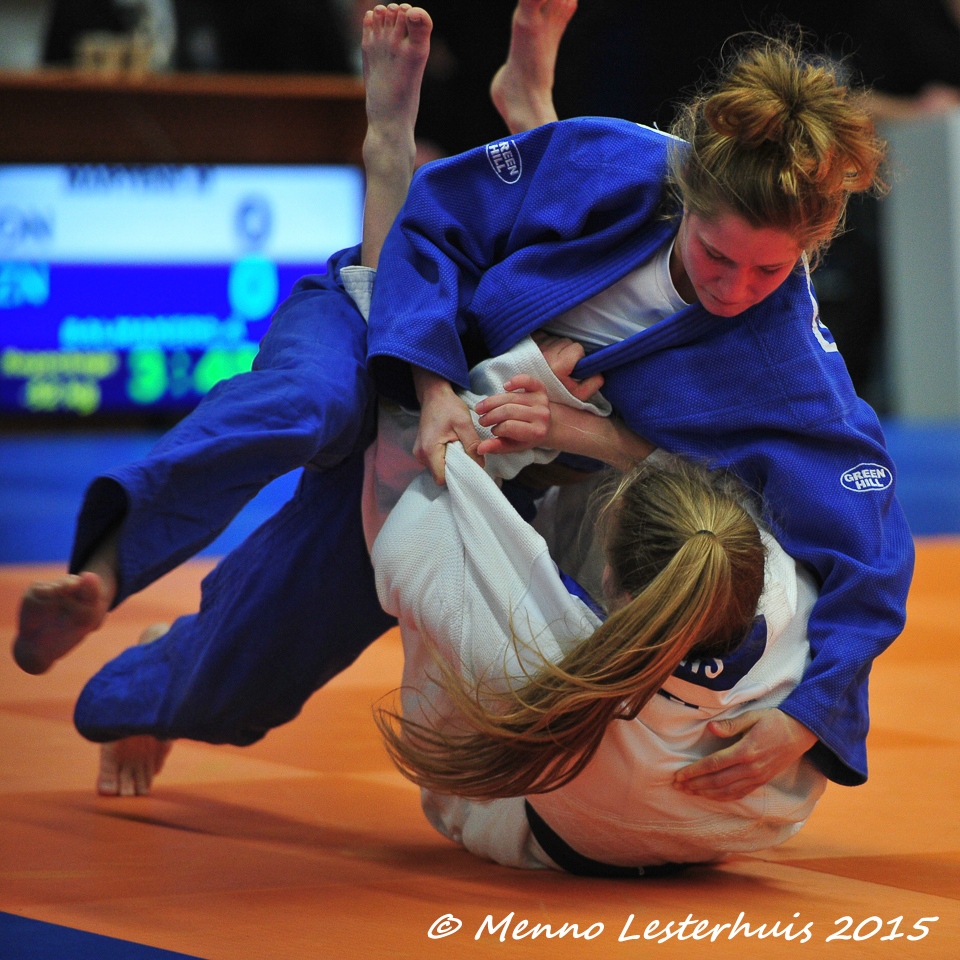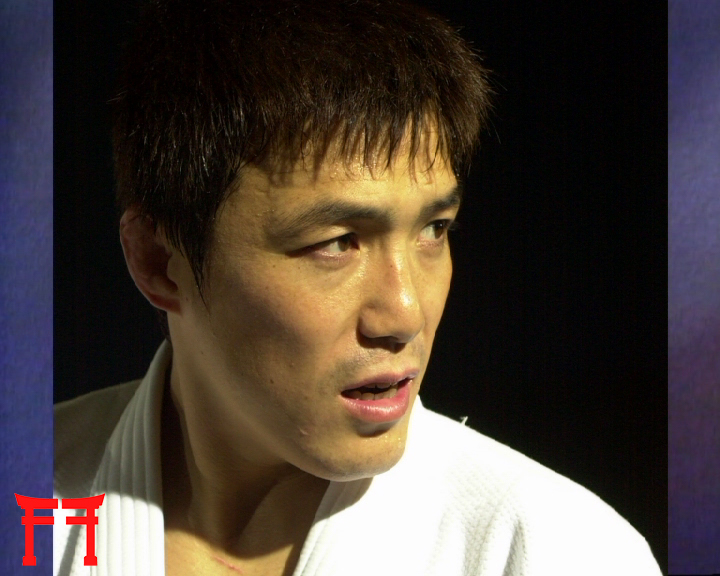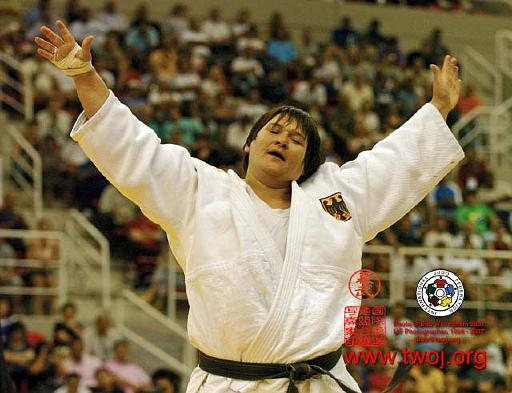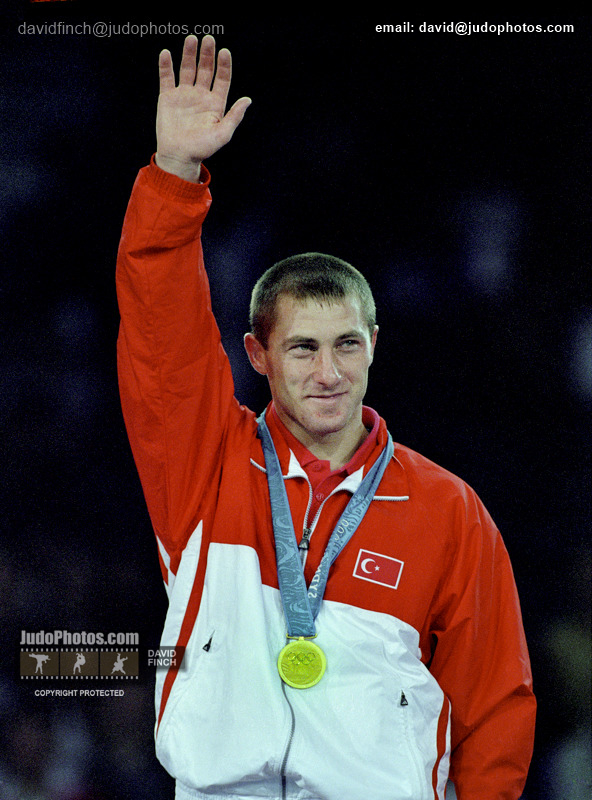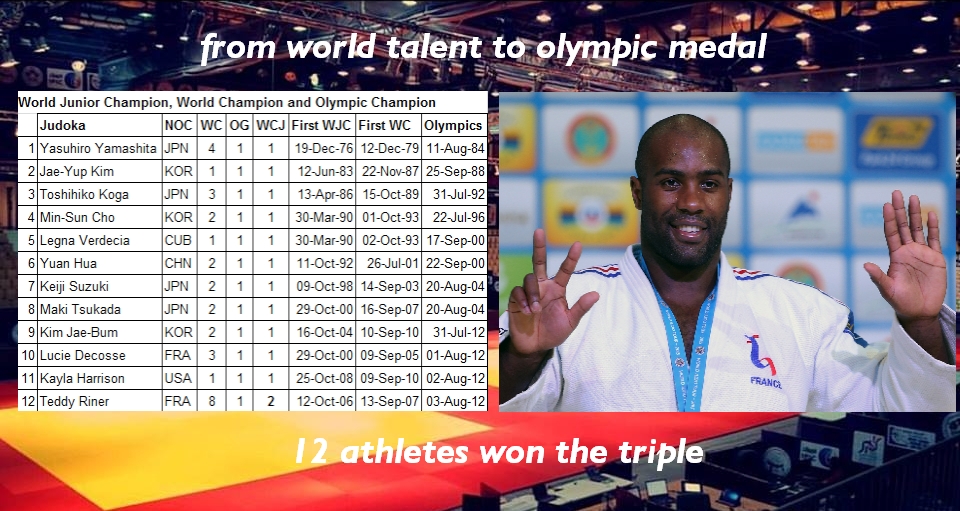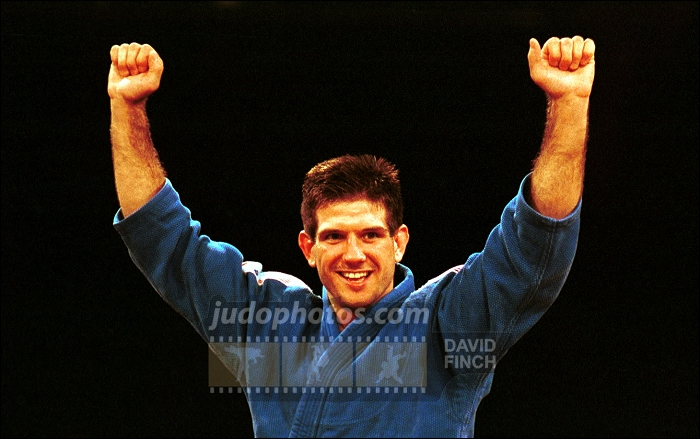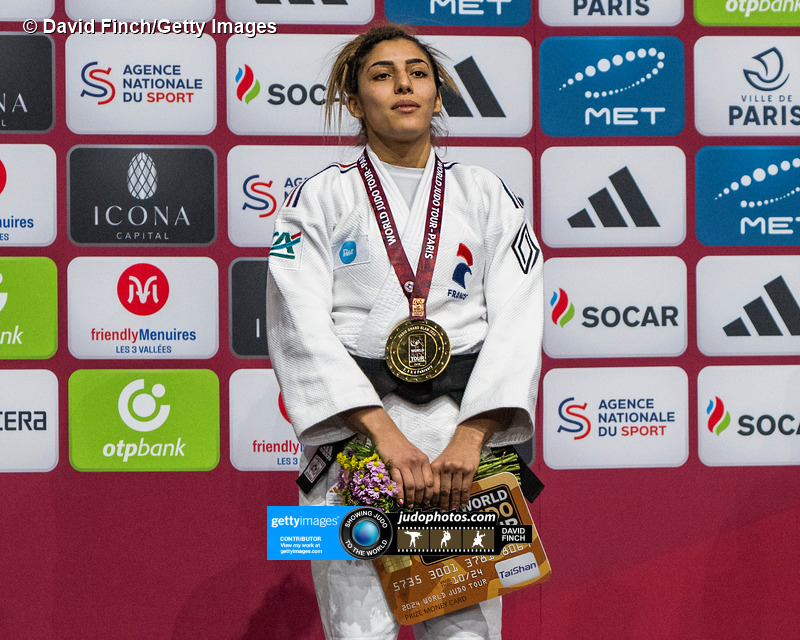Which judoka has the biggest gap between world and Olympic title
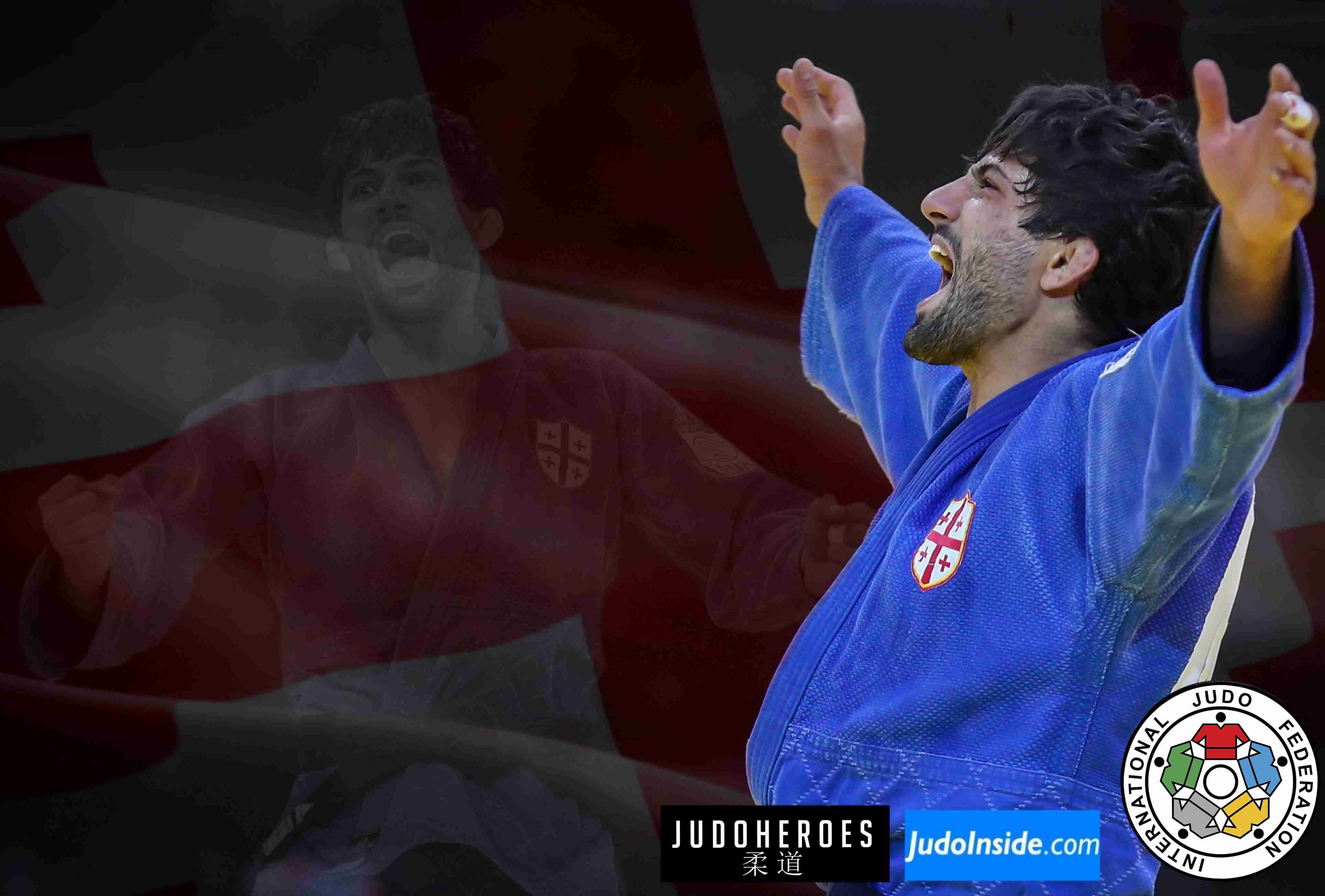
 15 Apr 2022 09:45
15 Apr 2022 09:45
 by JudoCrazy and JudoInside
by JudoCrazy and JudoInside
 JudoHeroes & IJF Media / Copyright: www.ijf.org
JudoHeroes & IJF Media / Copyright: www.ijf.org
You can choose for yourself which judoka has the longest gap between two great titles, world championships and Olympic Games. In time it is Lasha Shavdatuashvili with a gap of nine years between his Olympic title in 2012 and his world title in 2021. But Shavdatuashvili is not the only one with a huge gap between those master crowns.
There are many great judo champions who have won both World and Olympic titles. Usually, the time span between the two gold medals is short. The late, great Toshihiko Koga for example won his second World title in 1991 and his Olympic title in 1992. Jeon Ki-young, South Korea’s legendary fighter, won his second World title in 1995 and his Olympic title in 1996. Hungary’s Antal Kovacs shocked the world by winning gold at the 1992 Olympics and followed that up with a gold medal at the 1993 World Championships.
In those examples above, the gap between the titles was only one year. However, there are some World and Olympic champions whose gap between their two titles is a lot longer. In some cases, it’s surprisingly long.
Ilias Iliadis famously won his Olympic title as a teenager in 2004. He would have to wait until 2010 before he got his first World title, although he came very close in 2005 and 2007, when he got silver. He would go on to eventually win three World titles.
Like Iliadis, Japan’s Takanori Nagase also took six years between his two great titles. He won his World title in 2015. At the 2016 Rio Olympics, he got a bronze. It would only be in 2021, in Tokyo, that he would finally get his Olympic gold.
Three champions had seven-year gaps. China’s Sun Fuming won her Olympic gold in 1996 but it would only be in 2003 that she got her World title. Cuba’s Legna Verdecia won her World title in 1993 and it would only be 2000 that she would get her Olympic title (she got bronze in 1996 in Atlanta).
Perhaps the most famous seven-year-gapper is Japan’s Hidehiko Yoshida, whose brilliant performance at the 1992 Barcelona Olympics convinced judo watchers the world over that he was bound to win the World title the next year. And it came close to being. He made it to the final of the 1993 World’s but he had picked up a back injury in the preliminary rounds and was severely hindered. This was enough for a new upstart, South Korea’s Jeon, to steal the gold medal from him.
Judo fans were excited to see that the final of the 1995 World’s featured none other than these two famous rivals. And this time, Yoshida was not hindered by any injury. For much of the match, Yoshida looked to be the dominant player, knocking Jeon down several times with ashiwaza. Then, in a flash of brilliance, Jeon unleashed a drop sode into osoto-gari combination that had Yoshida falling onto his back for ippon. Injury prevented Yoshida from competing in the 1997 Worlds but he returned in 1999 and finally won the World title that he had tried so hard to get for so long.
The longest gap is a whopping nine years and that honor belongs to Georgia’s Lasha Shavdatuashvili, who won his Olympic gold medal in 2012 at the U66kg division. He changed weight classes in 2014 and struggled to do well at the Worlds. In 2017, he came in fifth and in 2018, seventh. But 2021 was a good year for him. He finally won the World title in Budapest and last year he would also win the silver medal at the Olympics. Perhaps it’s true that good things comes for those who wait.
 like
like
 share
share
